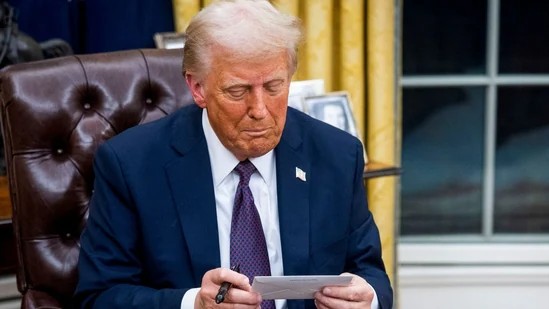- For over seven decades, the partnership between the U.S. and WHO has yielded countless success stories. “WHO and the USA have saved countless lives and protected Americans and all people from health threats. Together, we ended smallpox, and together we have brought polio to the brink of eradication,” WHO said through a statement.
In a statement from the White House, the United States had contemplated withdrawing from the World Health Organization (WHO) in 2020. This discussion stemmed from significant frustrations over the organization’s response to the COVID-19 pandemic, which originated in Wuhan, China, among other global health crises. The White House highlighted WHO’s perceived failures in implementing necessary reforms and maintaining independence from the political pressures exerted by its member states.
The WHO's funding structure has come under scrutiny, particularly regarding the disproportionate contributions expected from the U.S. Compared to China, a nation with a population 300% larger than that of the U.S., the financial commitment appears inequitable. The White House pointed out that while China contributes nearly 90% less to the WHO, it bears a greater responsibility for the pandemic's onset.
President Donald Trump took a hard stance in July 2020, threatening to formally withdraw from the organization. However, these threats eventually faded after his electoral defeat. Still, the implications of such a withdrawal resonate deeply within the global health landscape.
Eight hours after taking the oath of office on July 20, 2025, Donald Trump, who has been elected for the second time, issued an executive order highlighting US’s withdrawal from the WHO.
The WHO expressed regret over the potential U.S. exit, emphasizing its pivotal role in safeguarding global health. The organization has been instrumental in addressing the root causes of diseases, fortifying health systems, and responding to emergencies—often in regions where others cannot venture. The U.S. has historically played a crucial role in these efforts, being a founding member of the WHO since 1948.
Read More
For over seven decades, the partnership between the U.S. and WHO has yielded countless success stories. “WHO and the USA have saved countless lives and protected Americans and all people from health threats. Together, we ended smallpox, and together we have brought polio to the brink of eradication,” WHO said through a statement.
It is essential for the United States to reconsider its stance towards the WHO. A withdrawal would not only undermine a vital institution dedicated to global health but would also isolate the U.S. from essential collaboration in managing health crises that cross borders.
In a time when global health is more interconnected than ever, America’s leadership in the WHO is crucial. The world cannot afford a retreat from such vital partnerships.










